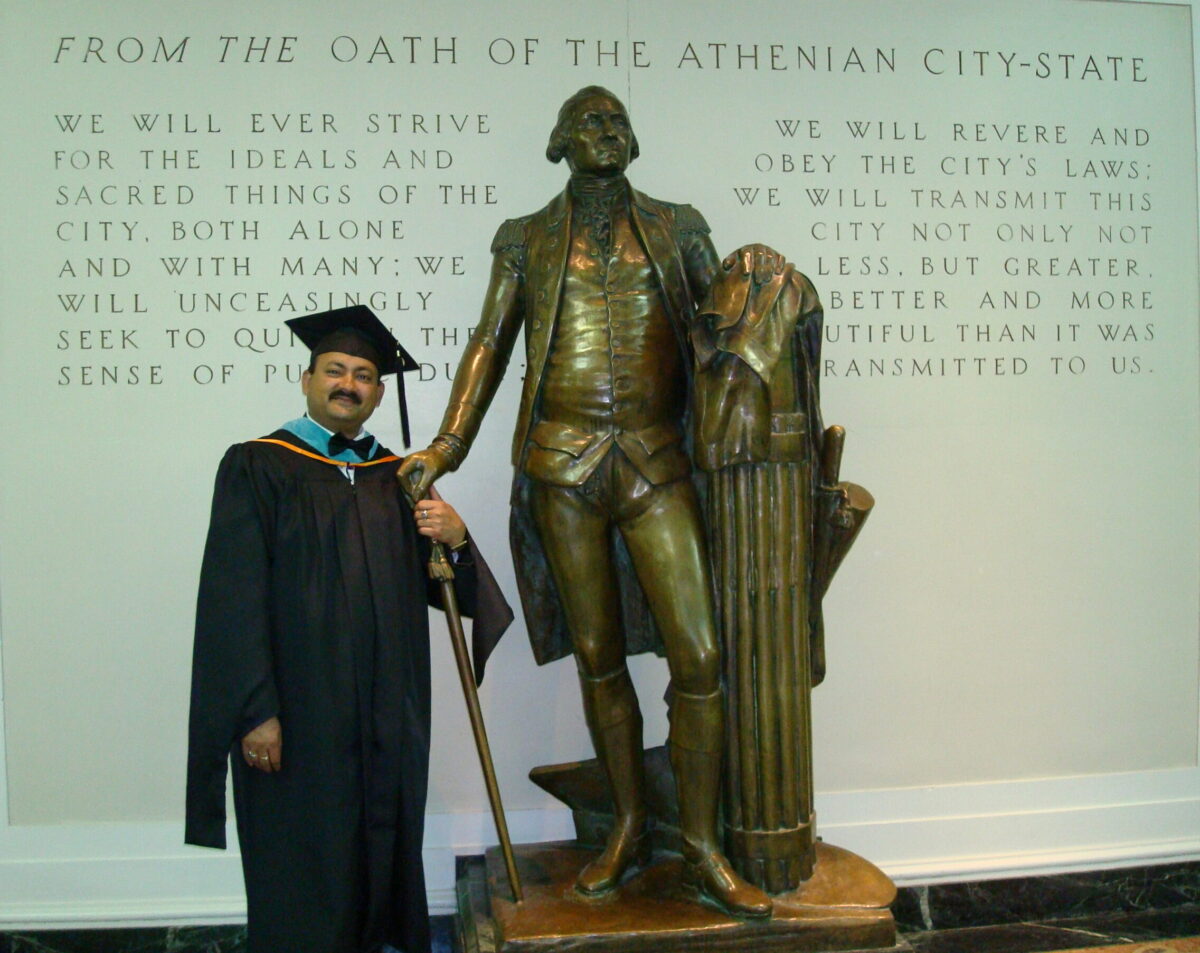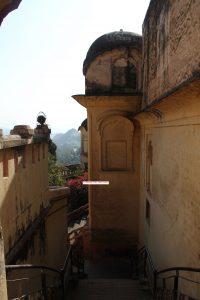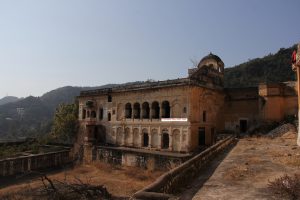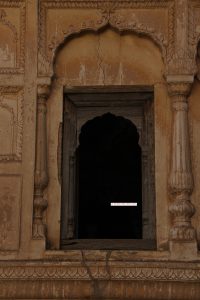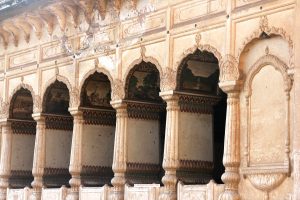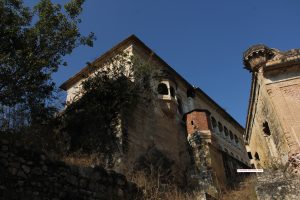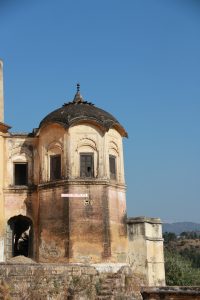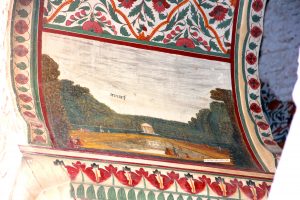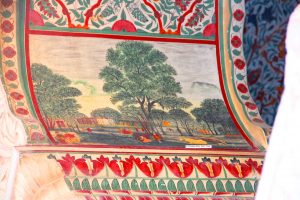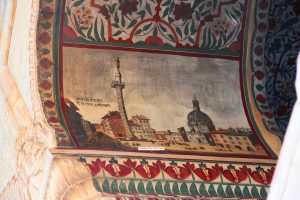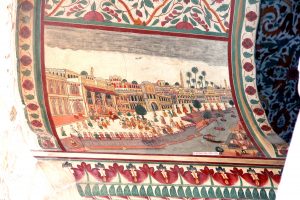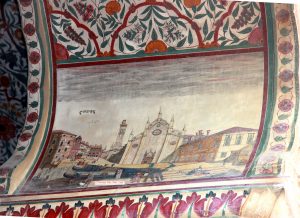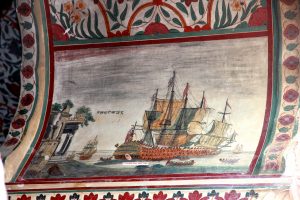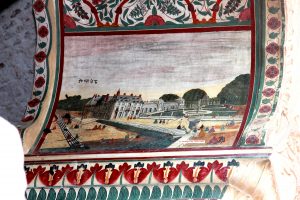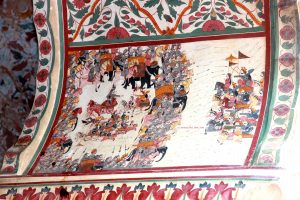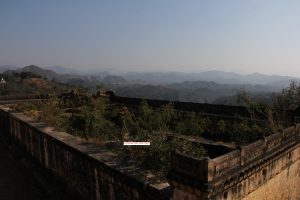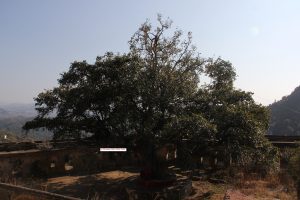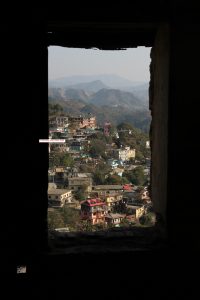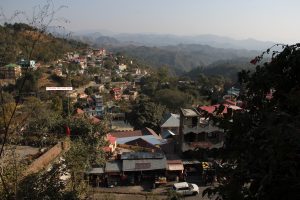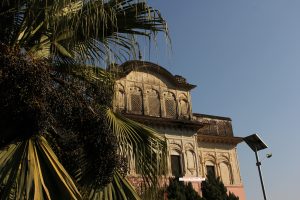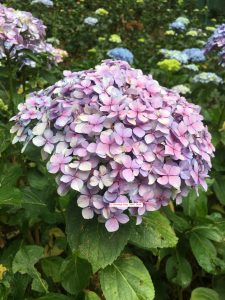The Bible in the Gospel of Mathew 5:13 reveals a meaningful phrase:
- “You are the salt of the earth, but if the salt has lost its
- flavor, with what will it be salted? It is then good for nothing,
- but to be cast out and trodden under the feet of men.”


When I cast my eyes the first time on the Rann of Kutch I felt this come to me very powerfully. We had come to the White Rann by evening, my brother and I. We had first travelled from the Tent City by bus, then by camel cart to enter this territory that was for many years a salt wasteland without a human visitor.


Modern day travails and stressed out lives in the cities have led men to discover and reach such places to feel the grandeur of Nature and be engulfed with an awesome feeling. There is something beautiful and wondersome in Nature; it kind of overpowers the senses and tells you that all the efforts and boasts of Man are just empty whispers of the impermanent!
The Tent City is set up every year for six months when the weather is good and the salt is walkable, the slush having dried and the whiteness the best. The tents are comfortable and more than that give a feeling of adventure, a difference, which we all look for from daily routine.



The Sun was about to set and that gave us a spring in gait to walk as far ahead as possible from where there is no interference between the Sun’s glory and its colours as it dies another day, and the bewitched eyes.


The voices of onlookers created a noise that was incomprehensible to the ears. I was reminded of a play, in which we actors were to stand on stage and act as if engaging in avid conversation, while all we were to say was “gabble, gabble, gabble…” The Party in theatrics is nothing but gabble, gabble or bla, bla…
The majesty of the Sun was unparalleled. The more it went towards its imminent demise for the day, the more it glowed! Bright orange, blood red, mango yellow, and then a blob of red disappearing slowly but surely.



Its path for the day had been traversed, its duty done, it seemd to have set in our portion of the hemisphere but in fact it was rising in another. What a beautiful lesson in duty it is, to keep on shining with glory be it this part of the world or another. It also reveals that no Sun can forever shine in one part of the earth, it has to travel to another!
The White Rann, a huge expanse of raw salt, a pure offering of the retreated Arabian Sea conveys a strange indescribable feeling of awe and surrender, lying quiet in its immensity, clothed in silence, and soaked in Nature.
William Wordsworth’s “It Is A Beauteous Evening, Calm and Free…” came to my mind:
“It is a beauteous evening, calm and free,
The holy time is quiet as a Nun
Breathless with adoration; the broad sun
Is sinking down in its tranquility;
The gentleness of heaven broods o’er the Sea;
Listen! the mighty Being is awake,
And doth with his eternal motion make
A sound like thunder—everlastingly.”
The Sunset gave way to twilight; the much celebrated time of the parting day when birds return to their nests, cattle hordes run back, the priests rise to retreat within their temples and offer prayers, kitchen fires light up homes and smoke billows out of chimneys.
The sunstruck visitors too retreated and a hush fell upon conversations and hearts. Some kind of a fulfilment that one experiences after a tete-e-tete with Nature.
The Tent City revealed under the lights what it had hid as ordinary during the day. Here were some puppets, there was a rickshaw, a boat, a lighthouse, and a guard tower. Huge spaces served as welcome lounge, dining halls, recreation centres, playgrounds, VIP Meeting Place, and medical assistance. In the midst of many circular fields around which the living tents were erected, there were sitting areas so designed as to give a complete view of the 36 or so tented enclosure. I was reminded of the medieval ages when armies used to march on foot, camp in tents as they advanced and conquered more territory.
Food was local Gujarati style and you could have as much as you want.
A cultural programme followed after the tent city dwellers returned from watching the Sunset. A local band played songs, people danced Garba (Gujarati traditional dance) and some went to the eye of a telescope for stargazing.
The Tent City also dishes out small adventures like para-motoring and rope gliding. The record has been safe so far.
Sleep under a tent was fast though initially the ears kept on hearing conversations in adjoining tents as there were no concrete walls but cloth curtain wall those separated one tent from the other.
Morning tea came in a flask at 6 a.m. and in 10 minutes everyone was expected to be on the bus for the sunrise. This time the bus took us to a different area. Here the State Government has built a huge steel Viewing Tower, which can accomodate more than a hundred people at one time. We decided to walk far ahead so that none stood between us the rising Sun.
The rising of the Sun was as charming as its setting. The two events in metaphor and in real life were absolutely different, but the player was the same. The soft glow, called in Hindi, ‘Laali’, gave way to more defining moments those could be captured in the eye of the camera. Kabir’s couplet came to mind:
कबीर का दोहा
“लाली मेरे लाल की, जित देखूँ तित लाल |
लाली देखन मैं गई, मैं भी हो गई लाल ||”
The softly rising Sun, changing colour from orange, to yellow to red to white, coloured the sky amazingly in its ascent.
The plain white ocean of salt before it absorbed its colour and stride kept on changing from orange hue to a golden one!
The salt of the Earth, though trampled under our feet, had not yet lost its flavour nor its purpose!
There is still hope in humanity!
(Text and Photographs by Sandeep Silas)
